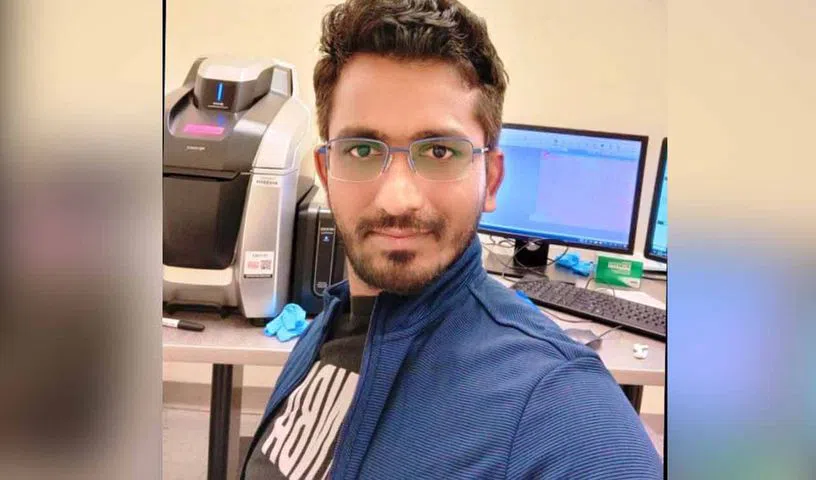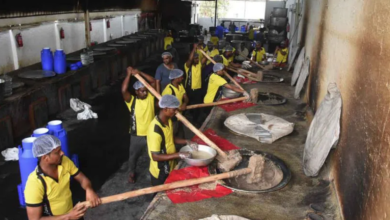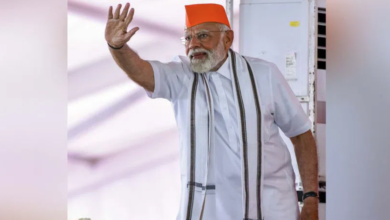Telangana scientist Dr Ramesh Butti develops model for treating breast cancer patients

With breast cancer accounting for the highest mortality among woman cancer patients, scientists from NCCS and Tata Memorial Centre have developed a PDOX model

Warangal: With breast cancer accounting for the highest mortality among woman cancer patients in India, the scientists from National Center for Cell Science (NCCS)in Pune and Tata Memorial Centre in Mumbai have developed a PDOX model to treat breast cancer.
Patient-derived orthotopic xenograft (PDOX) nude-mouse model precisely identifies effective and ineffective therapies for recurrent leiomyosarcoma (LMS), a type of rare cancer that grows in the smooth muscles.
The study was led by Warangal born scientist Dr Ramesh Butti. It helps researchers to assess the effectiveness and safety of a drug or therapy towards a particular patient’s tumor in his/her body.
The scientists published a paper titled “Development and characterization of a patient‑derived orthotopic xenograft of therapy‑resistant breast cancer” in the Oncology Reports, a reputed peer-reviewed medical journal.
Speaking to ‘Telangana Today’, Dr Ramesh said they were successful in removal of the Patient-derived xenografts (PDX) tumors from one group to another group of mice to maintain biobank.
Patient-derived tumor xenografts (PDXs), in which tumor fragments surgically dissected from cancer patients are directly transplanted into immunodeficient mice, have emerged as a useful model for translational research aimed at facilitating precision medicine.
A cell line is a collection of cells originating from one cell, adding that the cell lines are typically kept in a growth medium in tubes, flasks, or dishes – called in vitro cell culture. In several developed countries, this platform was utilized for biomarker discovery and personalized medicine.
However, this model is scarce in India, according to studies. The data indicated that the newly developed PDOX was a suitable model system for preclinical drug screening, biomarker development and personalized treatment for this hormone therapy‑resistant patient.
The data demonstrated the successful development of the hormone therapy‑resistant breast cancer PDOX models from an Indian patient.
Ramesh hails from Gavicherla village in Warangal district. He joined the NCCS, Pune, and developed an interest to work on how normal cells (stromal cells) present in breast tumour micro-environment helps in disease progression and recurrence.
Later, he went onto do Postdoctoral Research at University of Texas Southwestern Medical Centre.
Ramesh along with Prach Kapse and Garima Bhadauria designed and performed most of the experiments. Ramesh Butti is first co-author of this work.
Prof. Gopal Kundu conceptualized, designed, supervised the entire work. Dr Amit Dutta and Dr Sudeep Gupta from TMC‑ACTREC, and Prof Gopal Kundu from NCCS checked and confirmed the authenticity of the raw data.







